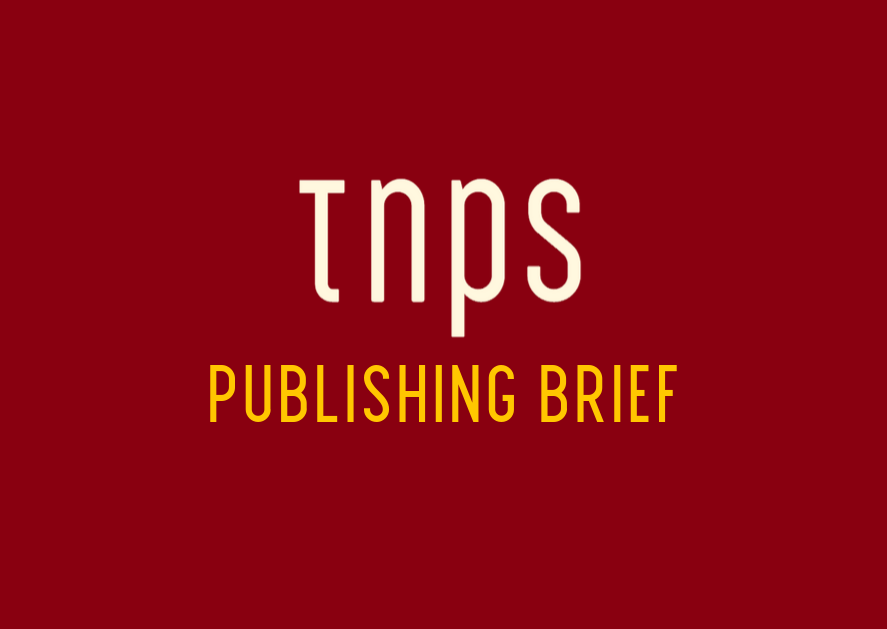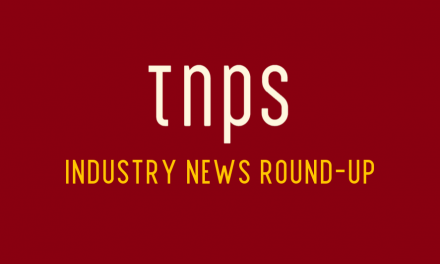Daunt continued selling epub ebooks in the Waterstone’s ebook store while simultaneously inviting Amazon UK to sell its Kindle devices in the bricks & mortar Waterstone’s stores. Eager Waterstone’s customers who bought the Kindle devices then found they had to shop at the Kindle store
With the headline “Barnes & Noble wants to be a great bookseller again”, B&N CEO James Daunt marked his first year in the job with an interview with RetailDive exploring his plans for the company, including his plans for B&N’s digital arm, Nook.
There’s much to get excited over with Daunt’s plans for the bricks & mortar stores, but that element has been well-covered elsewhere, so let me just draw on one thread of the bricks & mortar debate as an introduction to the Damascene conversion that is Daunt’s love affair with ebooks.
In a subsection titled “The upside of closing in a pandemic” RetailDive explains:
The temporary closure of nonessential businesses during the pandemic has panicked many a retailer, but Daunt’s team has seized it as an opportunity to overhaul stores. He describes a process of tearing up the old playbook, from how books are categorized to where and how shelves are placed.
Tearing up the old playbook is something Daunt did well in the UK bookstore chain Waterstones (the UK’s largest) and there’s every reason to hope Daunt’s magic can work again in the USA.
One thing Daunt has on his side is the goodwill of the publishers, who long since lost faith in the old B&N management, but fully understand B&N is their last bulwark against total domination of trade print retail by Amazon.
Publishers also understand that Nook was, at one time, their main bulwark against Amazon’s domination of the US ebook market, but Nook had been badly handled by successive B&N management teams and had long since been seen as a lost cause.
Nor did that change when Daunt took over as CEO of Barnes & Noble a year ago, given Daunt’s track record with ebooks.
When Daunt took the helm at Waterstone’s in the UK (it had an apostrophe back then) there was such a thing as a Waterstone’s ebook store. Nothing too exciting, but it existed and there was talk of a Waterstone’s ereader and a revamp of the ebook site. As an author that topped the Waterstone’s ebooks charts back in 2011 I can testify that the sales volumes bore no comparison with the Kindle UK store, but were certainly much, much more than the “cup of coffee” money Daunt would later dismiss Waterstones ebook revenues as.
Daunt took over Waterstone’s with at best a certain disdain for ebooks, although he accepted the need to sell them.
In 2011, talking to the UK’s The Independent, Daunt said,
You’ll walk into a Waterstone’s and there’ll be a bit of the shop where you can look at e-readers, play with them. We’re inventing one of our own – perhaps we’ll call it the Windle – and we’re working on the Barnes & Noble approach. They’ve embedded their own e-book, called the Nook, within their bookshops and have succeeded in taking market share from the Kindle.
Daunt added in that interview that he regarded Amazon as,
a ruthless, money-making devil,
and as for online bookstores…
The computer screen is a terrible environment in which to select books. All that ‘If you read this, you’ll like that’ – it’s a dismal way to recommend books.
Talk of a revamp of the Waterstone’s ebook store came to nothing, the “Windle” never materialised (and one might suppose from the name it was never seriously considered), and as for the Waterstone’s ebook store itself… Incredible though it may sound, Daunt continued selling ebooks, which needed an epub device (reading on smartphones hadn’t arrived yet) in the unadvertised Waterstone’s ebook store while simultaneously inviting that “ruthless money-making devil” Amazon to sell its Kindle devices in the bricks & mortar Waterstone’s stores on prime-estate plinths across the UK.
Eager Waterstone’s customers who bought the Kindle devices then found they couldn’t buy compatible ebooks from Waterstone’s and had to shop at the Kindle UK store.
And then – who would ever have expected this? – the Waterstone’s ebook sales dried up. So Daunt unceremoniously closed the Waterstone’s ebook store.
Adding insult to injury, having sent new digital readers to Amazon, Daunt sent existing Waterstone’s ebook lovers to his other UK bookstore rival, WH Smith, by handing the customer list to Kobo.
Fast forward July 2019 and as the new B&N CEO Daunt had little to say about the future of Nook as he took the helm, and for the remainder of 2019 Nook remained in limbo, notionally part of the company, but on borrowed time.
Then the pandemic arrived and online sales and digital book sales became the new black. The Damascene conversion was complete
Said Daunt to RetailDive:
I absolutely love Nook, and I think my predecessors had fallen out of love with it. It’s under-promoted to our customers, it became the sort of wayward child that had become embarrassing. But if you want to read digitally, the app is fantastic. I’m a champion of digital books and digital book retailing, but above and beyond that I’m a champion of reading. There are many reasons why people want to read digitally, but Nook needs to be much better supported within the Barnes & Noble ecosystem.





